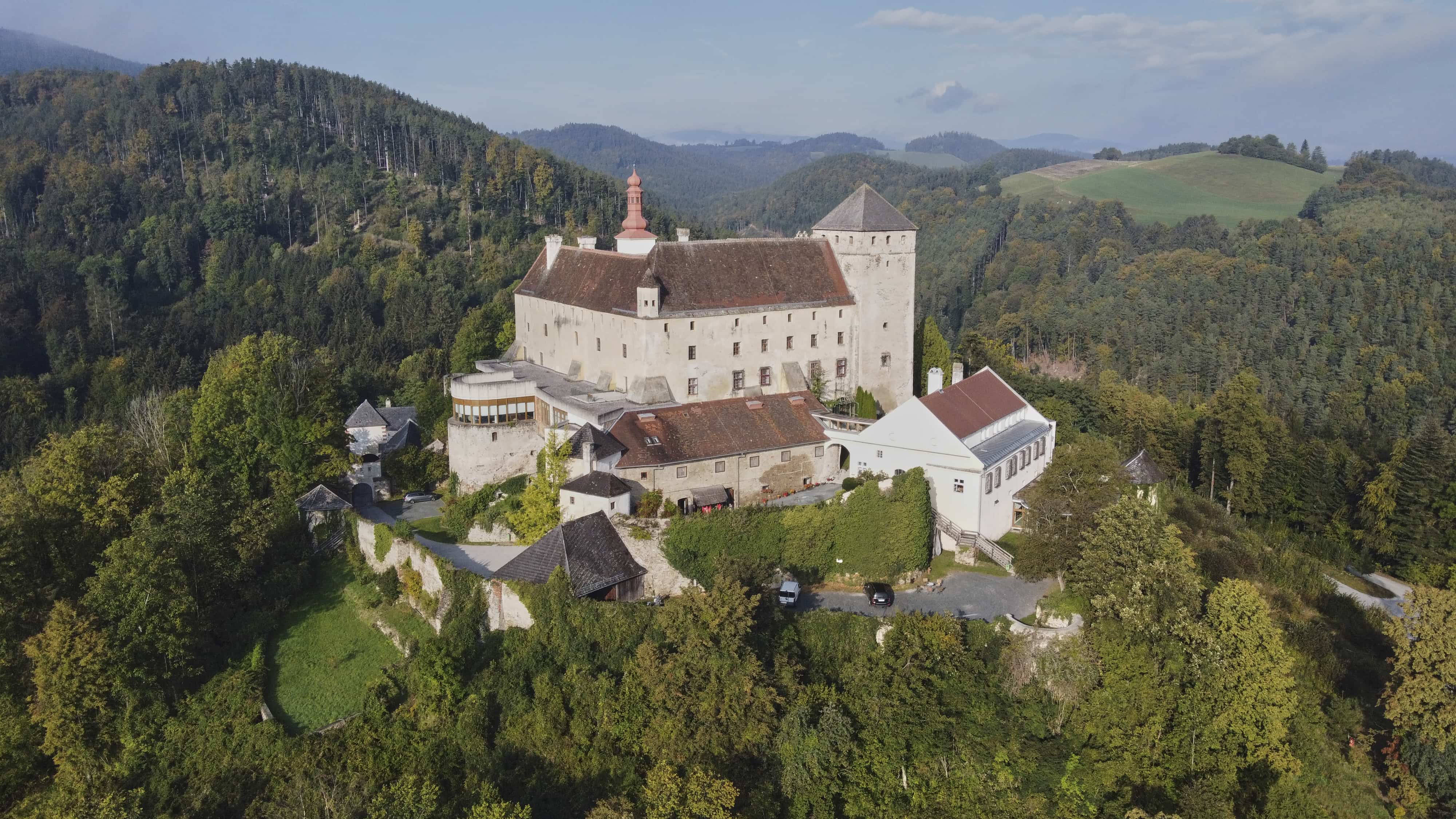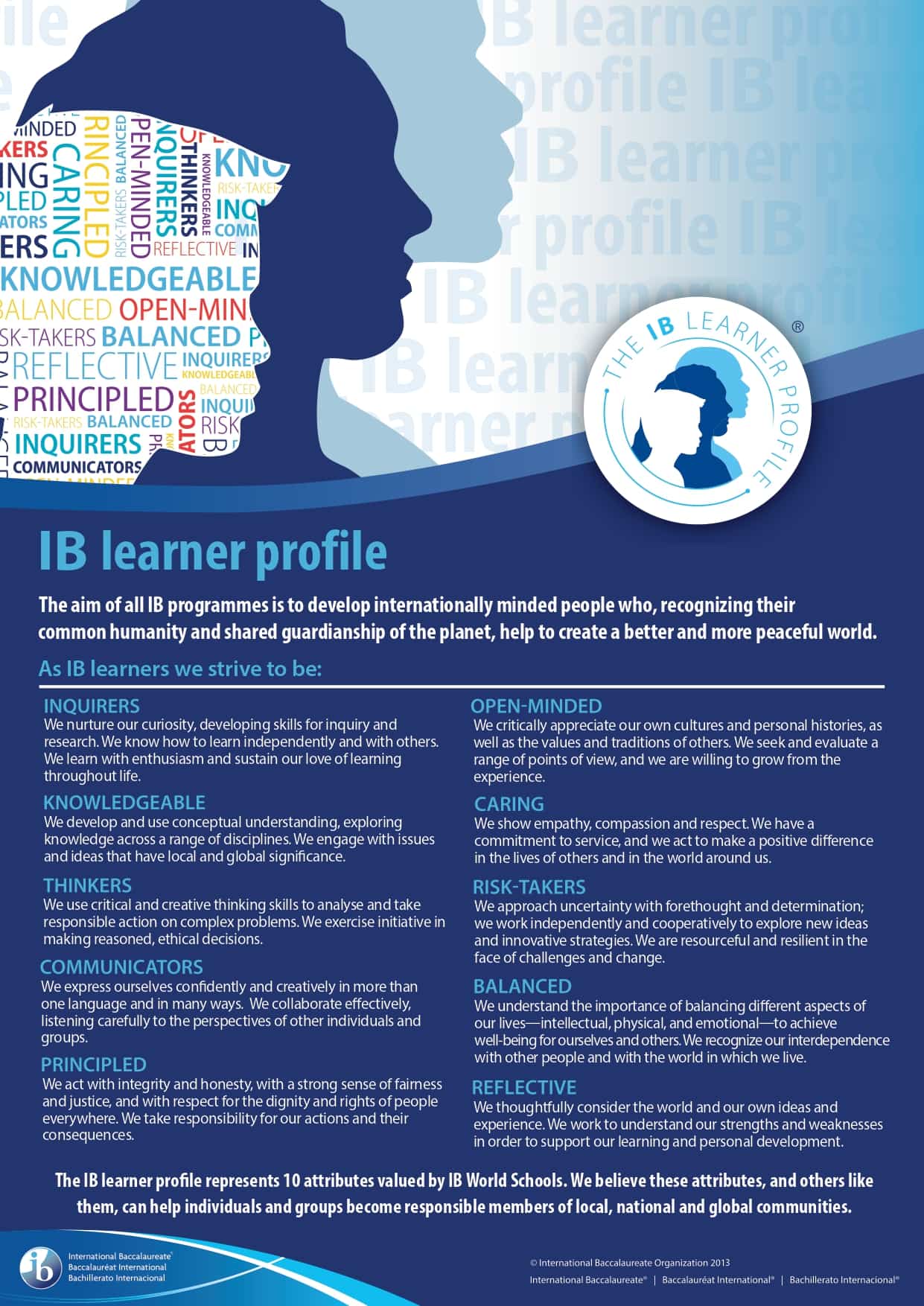We are a proud part of
the IB World Organisation

Schloss Krumbach International School West, we are committed to providing an education that cultivates intellectual curiosity, personal growth, and global understanding through the International Baccalaureate.
Students who gain the IB diploma are entitled to apply to universities in more than 110 countries in the world, among which are the most prestigious ones.
What is an IB Education?
An International Baccalaureate (IB) education is a unique, rigorous, and internationally recognized approach to learning that prepares students for success in a rapidly changing world. The IB system is designed to foster critical thinking, creativity, and a global perspective, making it an excellent choice for families seeking an enriching educational experience that equips children for both personal and academic growth.
At Schloss Krumbach International School, we are proud to offer the prestigious IB Diploma Programme (DP) for our Grades 11-12 students. This program encourages students to be inquirers, thinkers, and communicators, helping them become active, compassionate, and lifelong learners. An IB education challenges students to explore a variety of academic subjects while nurturing their emotional and social development, enabling them to thrive in any cultural or academic setting.
Mission Statement from the IB
The International Baccalaureate aims to develop inquiring, knowledgeable and caring young people who help to create a better and more peaceful world through intercultural understanding and respect. To this end the organization works with schools, governments and international organizations to develop challenging programmes of international education and rigorous assessment. These programmes encourage students across the world to become active, compassionate and lifelong learners who understand that other people, with their differences, can also be right.
The IB Learner
Profile

The IB Learner Profile embodies the values of the International Baccalaureate and outlines the characteristics that an IB student strives to develop. These qualities include:
- Inquirers – Students develop their natural curiosity and acquire the skills necessary for independent lerning.
- Thinkers – They apply critical and creative thinking skills to solve complex problems.
- Communicators – Students express themselves confidently and creatively in multiple languages.
- Principled – They act with integrity and honesty, making decisions based on strong ethical principles.
- Open-minded – Students appreciate the perspectives, values, and traditions of others.
- Caring – They show empathy, compassion, and respect toward others.
- Risk-takers – Students approach unfamiliar situations with courage and creativity.
- Balanced – They recognize the importance of balancing intellectual, physical, and emotional well-being.
- Reflective – Students thoughtfully consider their learning experiences and make informed decisions.
What Happens After Grade 10?
After completing Grade 10, students at Schloss Krumbach International School embark on their journey into the IB Diploma Programme (DP), which is designed for students in Grades 11 and 12.
The transition to the IB DP marks a critical stage in a student’s academic and personal development. In this phase, they will dive deeper into subjects that challenge their knowledge and thinking, develop their research and writing skills, and prepare for university-level learning.
As part of the IB DP, students will be required to take a mix of courses across six different subject groups, ensuring a broad and well-rounded education. They will also participate in key elements such as the Theory of Knowledge (TOK), which encourages deep thinking about knowledge itself, and the Extended Essay, an independent research project on a topic of their choice. These elements help students to engage in independent inquiry and critical thinking, which are essential skills for success in higher education and beyond.
IB DP Requirements
The International Baccalaureate Diploma Programme is a challenging, two-year curriculum that demands a high level of commitment, intellectual engagement, and personal responsibility.
Students choose one subject from each of the six groups (three subjects at Higher Level and three subjects at a Standard Level).
The subject choices at SKIS for the IB Diploma Programme for the 2025–2026 academic year are as follows:
Group 1: Language A
• English
• German
• Mother Tongue
Group 2: Language B
• English
• German (including German Ab Initio)
Group 3: Individuals and Societies
• History of Europe
• Environmental Systems and Societies
Group 4: Sciences
• Biology
• Chemistry
• Physics
• Environmental Systems and Societies
Group 5: Mathematics
• Mathematics Applications and Interpretations
• Mathematics Analysis and Approaches
Group 6: The Arts
• Visual Arts
• Alternatively, students may choose an additional subject from Groups 1–5 instead of Visual Arts.
Additionally, students must complete the Core Requirements, which consist of:
• Extended Essay (EE): A 4,000-word research paper that allows students to explore a topic in-depth.
• Theory of Knowledge (TOK): A course that challenges students to think about how they know what they know, fostering critical thinking and intellectual curiosity.
• Creativity, Activity, Service (CAS): A component that encourages students to engage in extracurricular activities, community service, and personal growth.
Students must complete the required assessments in each subject area and participate in examinations at the end of the program to earn their IB Diploma.
Approaches to Learning (ATL) Skills
Thinking Skills
Critical thinking, problem-solving, creativity, and reflection
Communication Skills
Effective writing, speaking, listening, and collaboration
Social Skills
Interpersonal relationships, teamwork, and conflict resolution Systems and Societies
Self-management Skills
Time management, goal-setting, and self-discipline
Research Skills
Information literacy, analysis, and evaluation
By developing these skills, IB students are prepared not only for academic success but also for the challenges and opportunities they will face in university and their future careers.
For more information about the IB and its programs, we invite you to visit the official IBO website.
Non-commercial
organization
According to its founding policies, our school is a non-commercial organization. We direct all our funds and students’ fees towards maintenance and development of the school, its programmes and facilities.
